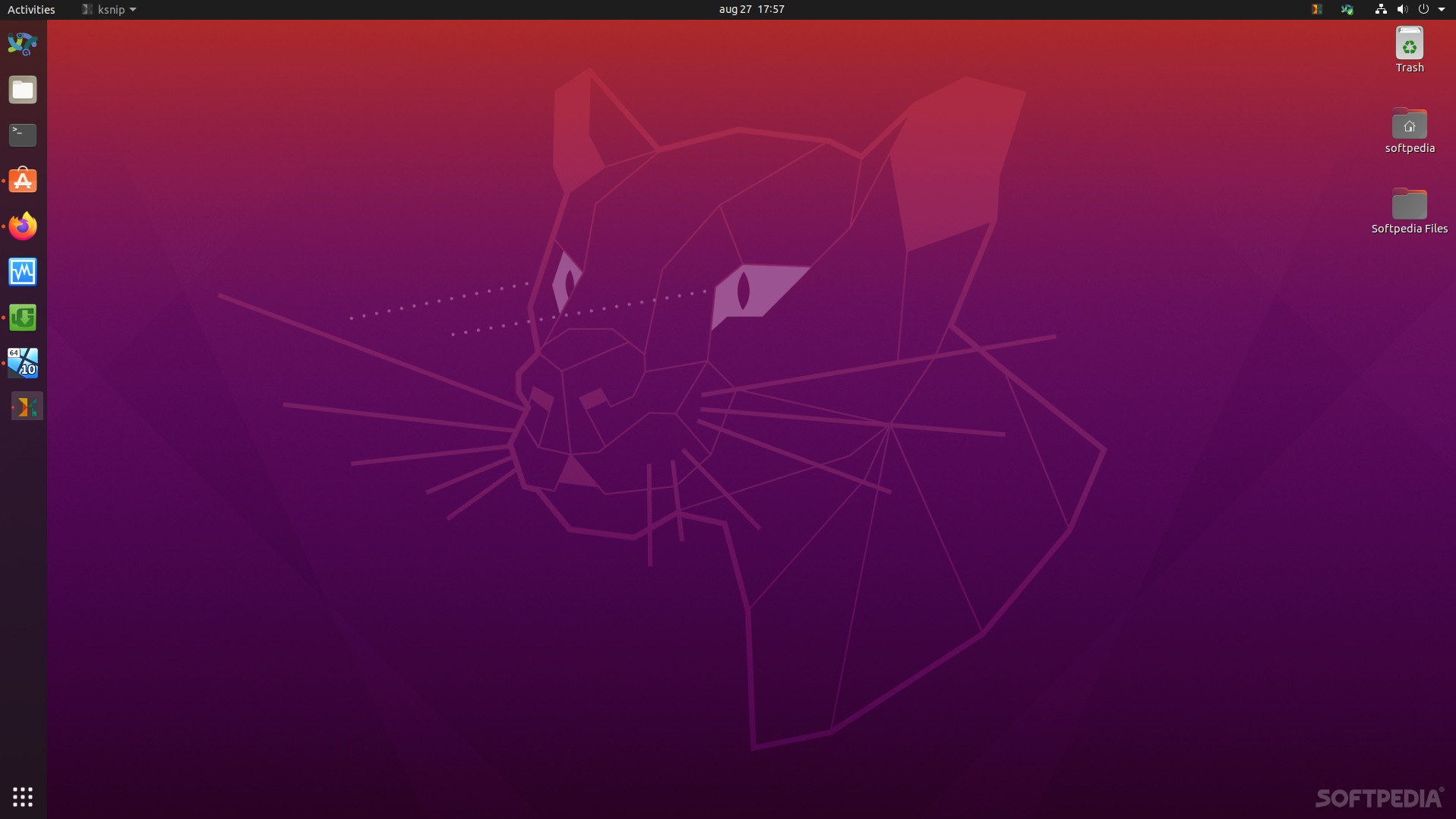

Download the official Ubuntu Server GUI for cloud environments and manage multiple servers
Part of what makes Ubuntu such a popular and sought-after OS is the fact that it comes in different versions and flavors.
For example, if you want a desktop environment replacement for Windows and macOS, then you opt for Ubuntu Desktop.
If you want a reliable server with a minimal footprint and a CLI, you select Ubuntu Server, and, if you want a cloud computing solution for connecting and managing servers, then the obvious choice is Ubuntu Cloud Server.
Changes in Ubuntu Cloud Server 20.04 LTS
The 20.04 LTS is Ubuntu’s long-term releases, and it brings to the table various important changes for all Ubuntu versions, including Desktop, Server, and Cloud Server.
Ubuntu Cloud Server 20.04 LTS provides various improvements in regard to its integration with Amazon Web Services, Google Compute Engine, Microsoft Azure, and Vagrant.
In Focal Fossa, Amazing Machine Images (AMIs) now have the ec2-instance-connect package pre-installed and enabled by default. Amazon Web Services control the required SSH-enabled instances with the help of features such as Instance Connect and AWS Identity.
The existing sshd config in Google Compute Engine now overrides what has been written to /etc/sh/sshd_config and has been moved to /etc/ssh/sshd_config.d/50-cloudimg-settings.conf.
Azure instances have also received an upgrade in this version. Now, they use chrony to manage time synchronization. They’re also configured by default to use highly accurate Stratum 1 devices (hosted in the Azure cloud). Furthermore, the sshd config overrides that were written to /etc/ssh/sshd_config have been moved to /etc/ssh/sshd_config.d/50-cloudimg-settings.conf.
Lastly, Vagrant boxes are now 40G by default, instead of 10G from the last version of Ubuntu Cloud Server.
Verdict
The latest release of Ubuntu Cloud Server (Focal Fossa) brings a series of useful changes and improvements over the last interim and long-term releases.
It features various improvements for all major supported cloud systems such as AWS and Microsoft Azure, as well as to Google Compute Engine and Vagrant.
